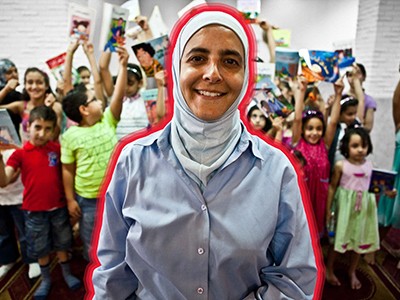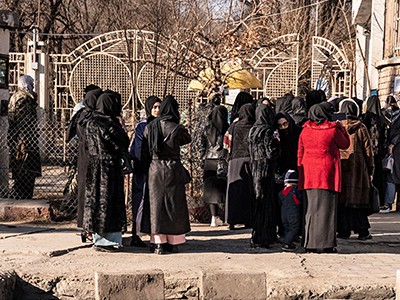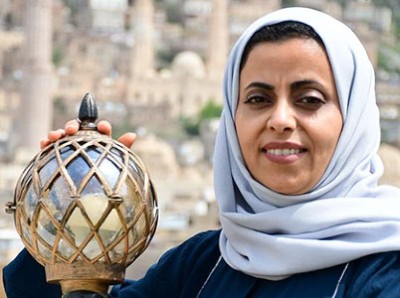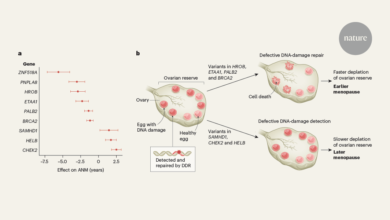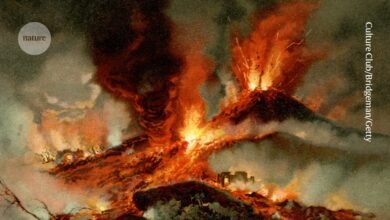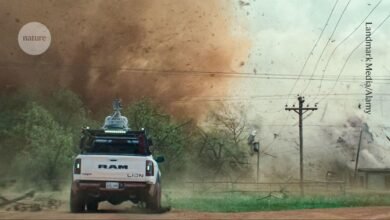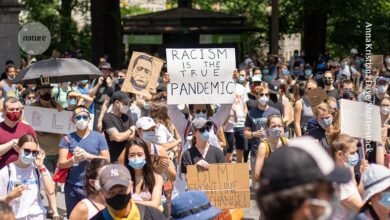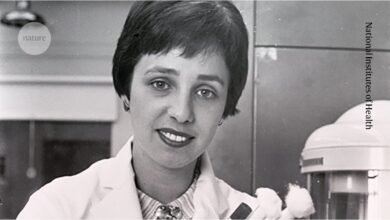How I’m looking to medicine’s past to heal hurt and support peace in the Middle East
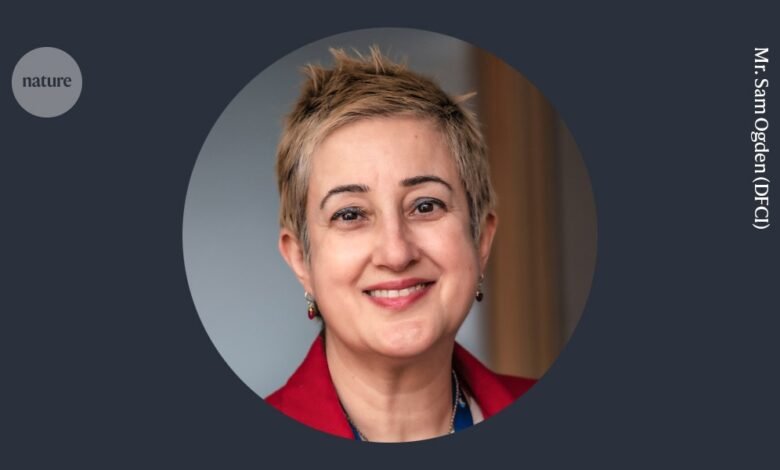
This month, I am in Amman, Jordan, teaching on the annual Palestine Social Medicine Course. This course, now in its second year, aims to educate educators, public-health workers, physicians and medical students about the limitations of the biological model of medicine in settings of fragmentation, violence and dispossession. It examines the effects of conflicts and violence on public health and human rights, emphasizing the need for resilience and commitment to these values in the face of adversity.
The course is organized by the Palestine Program for Health and Human Rights, a partnership between the François-Xavier Bagnoud Center for Health and Human Rights at Harvard University in Boston, Massachusetts, and the Institute of Community and Public Health at Birzeit University in the West Bank. Last year, it was taught in Birzeit. It was moved to Amman this year because of escalating violence and restrictions imposed by the Israeli military and settlers in the West Bank.
I’m a Palestinian scientist building a more inclusive future
Since violence escalated on 7 October 2023, many scientific and medical gatherings in the Middle East have been postponed or cancelled. Travel to the region is difficult, because many airlines have stopped flying there. Yet the organizers felt strongly that it was important to keep the course running, because the exchanges it enables are crucial. They provide students with access to cutting-edge knowledge and methods that help to prepare them to contribute to science and medicine — to the benefit of society.
The war in Gaza is harming thousands of people now, but will have ripple effects on all nations for decades, if not centuries, to come. Violence and war anywhere harm us all — not just in terms of people killed and places destroyed, but in the loss of capacity for exploring solutions to problems that plague humanity. People who are having to fight or run for their lives, or who spend their time finding shelter or trying to advocate for fundamental human rights and dignity, do not have time for wider problem-solving.
Scientists, physicians and health-care providers usually address the ills of the patient or population in front of us. Social medicine is occupied with a larger challenge: healing the hurts of a region or population with a long history of pain. This means identifying the social determinants of health that affect the population — including, for example, sexism, racism, economic inequality and historical, multigenerational traumas — and seeking to heal the people living under their shadow.
The Taliban ‘took my life’ — scientists who fled takeover speak out
Recent history could easily make us throw up our hands in despair. In the Middle East, especially, peace seems so far away. Progress on so many fronts — social, scientific, diplomatic — seems to be retreating while exposure to horrifying trauma increases daily.
Yet the region has a rich history of medical and scientific advancements. Crucial contributions came from ancient civilizations such as the Persian Empire, Mesopotamia and Egypt, culminating in the Islamic Golden Age from the eighth to the thirteenth century. Philosopher-scientists such as Abū Bakr al-Rāzī (often known in the West as Razi or Rhazes), al-Zahrawi (Abulcasis) and Ibn Sina (Avicenna) shaped science and medicine in the Islamic world and Europe in ways that lasted for centuries.
Years of experience in the Middle East and North Africa have shown me that scientific training and other events held in the region, rather than in Europe or the United States, can provide a valuable historical perspective and cultural context while fostering global collaboration.
For example, hosting a scientific symposium in Tehran, despite geopolitical pressures against it — as I did in 2012 — exposed participants to contemporary Iranian advances in medical research, such as work in stem-cell research and medical nanotechnology, which have since gained international recognition.
Tracking women’s mental health amid trauma in Yemen
By connecting international scholars with local practitioners, the Palestine Social Medicine Course highlights the specific health challenges faced by Palestinians, while creating a platform for cross-cultural dialogue and knowledge exchange.
Immersing ourselves in the settings where historical advances in science and medicine were made provides deeper insights into how societal values and needs have shaped scientific discoveries and medical practices. Studying pioneers such as Ibn Sina and al-Rāzī can inspire current and future practitioners to innovate and push the boundaries of their fields. And fostering global collaborations and building connections with scholars and institutions in the Middle East enriches the collective understanding and application of medical and scientific knowledge.
We scientists and medical professionals need to do what we can to change the sad trajectory of violence. Those of us who want peace, understanding and progress towards humanity’s well-being must dig in and push for that vision.
During what is sometimes called the Dark Ages in Europe, scientific and medical innovations from the Middle East and North Africa shone a guiding light to bring humanity a reasoned approach to health and problem-solving. Perhaps looking through the lens of history can inspire us to find new solutions to address contemporary challenges, in this region and worldwide.
The views expressed are the author’s own and do not necessarily represent those of her institution.
Competing Interests
The author declares no competing interests.

